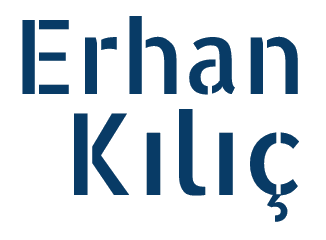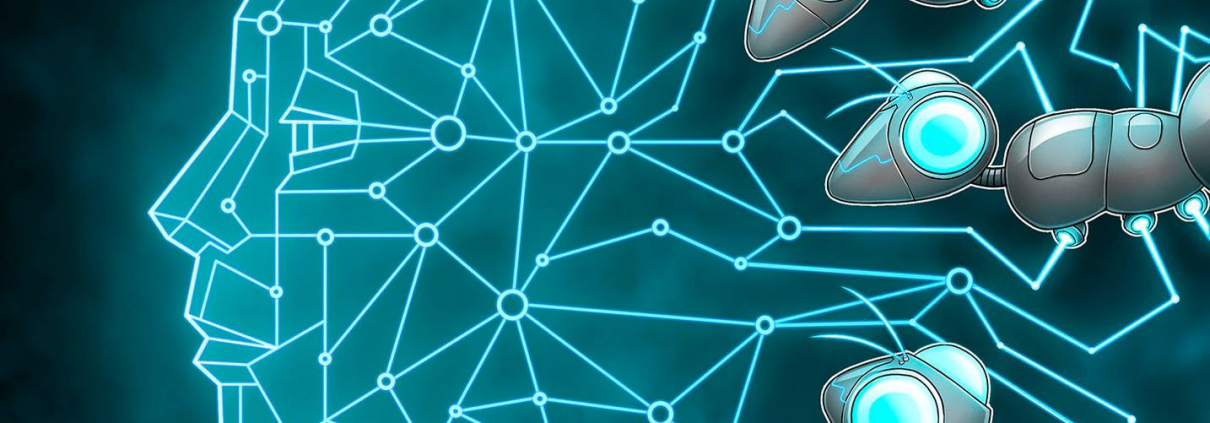The Uncharted Horizons of the AI Singularity
To consider the possible future of the AI singularity is to delve into a world of transformative possibilities that could reshape the very fabric of human existence. This hypothetical scenario imagines a time when AI achieves a level of intelligence and competence that surpasses human understanding and control. While the concept is often shrouded in uncertainty and speculation, it raises profound questions about the impacts, opportunities, and challenges that could arise. Inspired by my own curiosity and technological journey, I will explore this topic for you in a simple, thought-provoking, and human way. Let's explore!
The Essence of the Singularity: Self-Evolving Intelligence
At the heart of the AI singularity lies the idea that AI systems can self-improve and achieve exponential growth in their capabilities. This could lead to rapid advances in many fields, including medicine, science, and technology. It could become possible to tackle complex problems that have long eluded human intelligence, ushering in an era of scientific discovery and innovation. For example, when I witnessed the speed with which AI deciphered complex protein structures in a biotechnology project, I felt how revolutionary this potential could be.
Ethics and Control
But these immense possibilities also present complex challenges. The idea of autonomous and independent AI systems raises ethical dilemmas and concerns about control. As AI becomes more sophisticated, it becomes critical that its goals align with human values and desires. Enabling AI autonomy while maintaining human oversight requires a delicate balance. Achieving this balance is difficult without robust ethical frameworks and regulations. While considering how to navigate such systems in an AI ethics discussion, I realized the importance of a human-centered approach.
The Limits of Consciousness and Intelligence
The singularity also prompts reflection on the nature of consciousness and intelligence. As AI systems develop, questions arise about the definition of "intelligence" and whether machines can develop a consciousness or understanding comparable to human cognition. Concepts such as what is human, identity, self-awareness, and even spirituality can be questioned. Working with an AI model, I was amazed by its ability to perceive complex patterns, but I still wonder how close it might be to human consciousness.
Social and Economic Transformation
The singularity could also trigger economic and societal changes. Automation on an unprecedented scale could transform industries and reshape the labor market and how society functions. While this could lead to increased efficiency and productivity, it also requires rethinking education, employment, and social welfare systems. In one automation project, I witnessed AI taking over routine tasks, but it also demonstrated that workers would need to learn new skills.
Risks and Precautions
Security concerns are also a major concern. When AI becomes so powerful, vulnerabilities in systems can have serious consequences. Ensuring system resilience against cyber threats, malicious exploitation, and unexpected outcomes is a critical endeavor. In a cybersecurity simulation, I experienced both how powerful and how vulnerable AI systems can be.
The Test of Humanity
Considering the AI singularity forces us to confront our desires and limitations as a species. While the future is uncertain, the potential for incredible advancements and unprecedented challenges is undeniable. How humanity navigates this possible future depends on our ability to collaborate, anticipate risks, and shape the development of AI in ways that align with our values. While working on an AI project, I realized that technology is a tool for humanity, and how we use it will determine our future.
What are your thoughts on the AI singularity? Do you have an interesting experience or idea on this topic? Share it in the comments so we can discuss it together!

